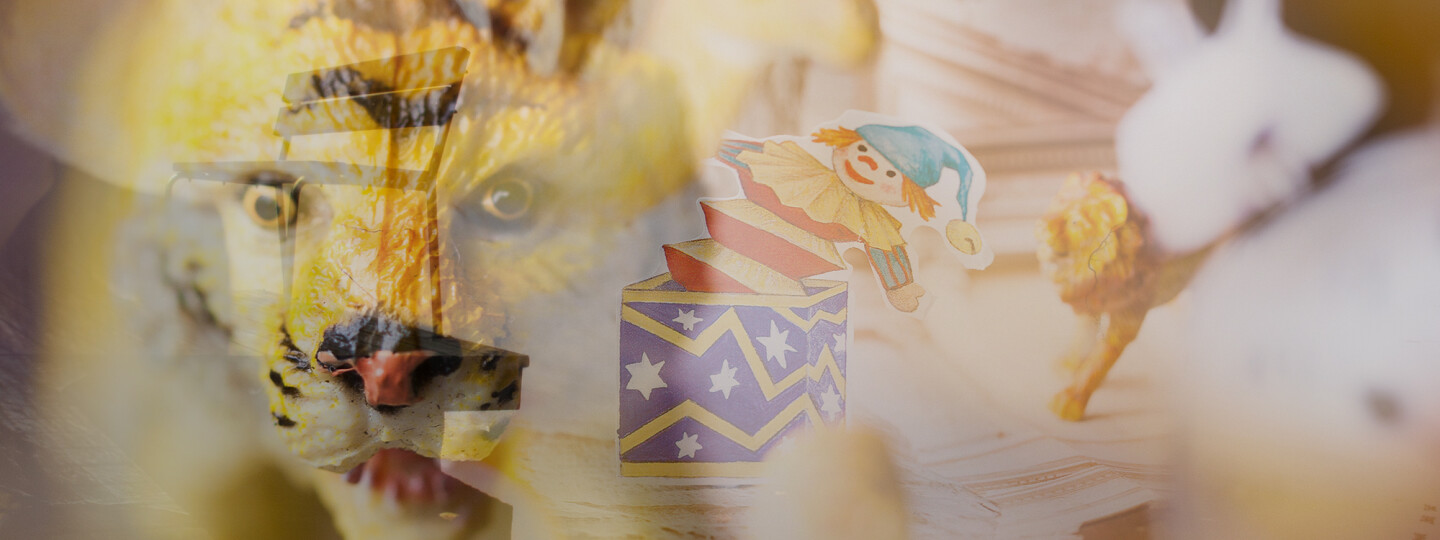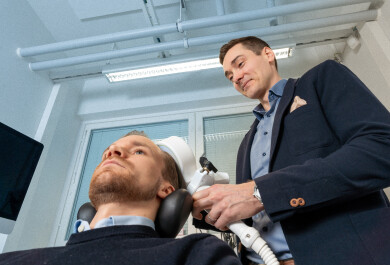Researchers have wondered about the function of dreaming for a long time. Interest in dream contents has increased during the corona crisis.
The original function of sleep is not really known. Sleep must, however, be biologically extremely important because nearly all studied animal species sleep.
– We know that sleep deprivation affects all the processes in our body, such as glucose metabolism and the immune system. It lowers our cognitive functions, such as attentiveness and performance. Sleep deprivation affects our emotion regulation as well, says Docent of Psychology Katja Valli from the University of Turku.
The need for sleep is interesting evolution-wise because sleeping makes all life forms vulnerable to dangers in their surroundings. According to Valli, the benefits of sleep must have compensated for all its disadvantages. If this was not the case, sleep would be the greatest mistake in evolution.
Dreams Prepare Us for Threats We Face While Awake
In the spring 2020, the Department of Psychology and Speech Language Pathology launched the MIND Research Study relating to the effects of the coronavirus pandemic on mind wandering and dreaming. Valli directs the research together with Professor of Psychology Antti Revonsuo. Doctoral Candidates in psychology Ville Loukola and Jarno Tuominen are in charge of the execution of the study.
The project is a continuation of their previous research focusing on two dream theories. These theories are the Threat Simulation Theory and the Social Simulation Theory.
– The Threat Simulation Theory was constructed by Antti Revonsuo, and it was published in 2000. According to the theory, our dream content centres on negative and threatening events more than our everyday experiences during the waking hours because this was beneficial to our ancestors, Valli tells.
Our ancestors repeatedly encountered specific threats during the waking hours that were very different from those we encounter today. These threats recurred in their dreams as different types of combinations. This may have been the mind’s way of practising detecting threats and reacting to them in order to allow the mind and body to react faster when encountering a similar threat during the waking hours.
Also according to the Social Simulation Theory, the function of dreams is practice. For humans and other primates, social surroundings have caused strong evolutionary selection pressure. The social support network and status within the group may have affected survival and mating.
– The social support network has promoted the survival of our ancestors. Socially skilful humans were perhaps seen as more attractive companions, so this may have had a positive effect on producing offspring. Similar to threatening situations, also social situations and skills could be practised in dreams.
Dreams Process Our Feelings, But Do Not Help in Managing Them
Valli speaks about surveys conducted during the corona crisis which have asked people about their corona-related dreams. According to the surveys, the themes of the dreams have been, for example, insects and invisible threats such as poison, gas, or invisible monsters. The respondents have considered these threats to symbolise the virus. On the other hand, some themes have been more straightforward, such as failing to keep social distance or forgetting to wear a face mask.
In addition, the surveys have shown that stress has had an impact on people’s dreams and especially on having nightmares. Over half of the respondents reported having more stress during the pandemic, which correlates with the increase in nightmares. People have also been sleeping longer but more fitfully, which contributes to remembering dreams better.
– The problem with these studies is that we do not know how many of the remembered dreams include corona-related themes. In the MIND Research Study, we ask the participants to report all their dreams from a two-week period, not just those dreams they think are related to the coronavirus, Valli explains.
It is very individual how crises and other distressing experiences are reflected in our dreams. One theory on the function of dreams is that they help with processing negative emotions and increase our capacity to manage them.
– However, we do not have empirical evidence on dreams actually decreasing the impact of negative emotions or trauma in the waking hours, or, in other words, that dreams would function as some type of psychotherapy. If a person has a post-traumatic stress disorder and post-traumatic dreams, the nightmares will keep the memories of the traumatic experience active, Valli says.
Western Way of Life Increases Sleeplessness
The chronic stress that is typical for our time is something that our ancestors were unlikely to face. Their life was very predictable, even though surrounded by several dangers. According to studies, foragers who live by traditional ways in the modern world do not suffer from insomnia.
– Those who live in industrial societies tend to have soft beds and a safe sleeping space. And yet, sleeplessness is a common phenomenon. Our modern life style increases insomnia symptoms, and chronic stress is undoubtedly one of the factors that induces sleeplessness. Poor quality of sleep and sleep deprivation reflect on the well-being of both our body and mind, and stress will make our dream contents more negative, Valli sums up.
Text: Veera Heinonen
Photos: Hanna Oksanen & Nils Sandman
Translation: Maija Siukonen





